Nick Jackson MW speaks on trends in Champagne, Bordeaux, and the fine wine market overall
Champagne: Focus on single vineyard and grapes
You are back from Champagne where you have seen changes for the better. You said, here is “an abundance of riches for the Champagne lover: wines packed with personality, offering pure expressions of grape variety, village(s) of origin and vintage.” How exactly has this marked a change for Champagne, a region which seems to have recovered very quickly after the pandemic?
Champagne may be the most dynamic region in France at present. The longstanding convention of selling the family’s grapes to the grandes marques is increasingly losing favour. Instead, the new generation prefers to make their own wines, often coming from a single vineyard or variety, rather than the usual big blend across the whole region. This is an exciting development as Champagne is beginning to be understood as a terroir wine in the same way as other major French regions; it is now possible to taste what one village or even one vineyard tastes like thanks to these smaller producers. This appeals to geeky wine lovers, but it is also important to note that many of these grower champagnes are priced at or below the prices of the more famous names. This makes them excellent value.
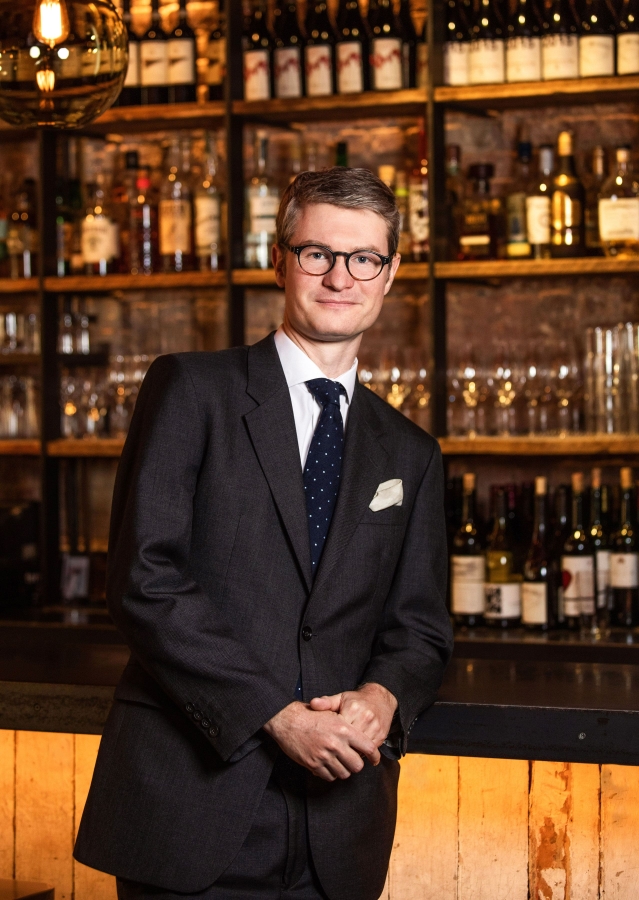
‘Top Bordeaux is finally beginning to look well-priced’
Nick Jackson MW
Bordeaux: Better vintages, better pricing
What about Bordeaux? Another region where plenty of change is happening – from the Bordeaux AOC level (new grapes) to vintage variation. What can the Bordeaux lover look for in the next couple of years, from the generic appellations through to the classed growths?
Bordeaux always works in cycles. A decade ago, weak vintages from 2011-2014 limited sales and didn’t inspire consumers. However, from 2015 to 2020 there was only one weak vintage (2017), so walk into virtually any store today and you will find a Bordeaux wine with plenty of fruit and pleasure in it. And – whisper it! – top Bordeaux is finally beginning to look well priced, given the run-up in prices of Burgundy.

Native grapes: Consumers looking for authenticity
Internationally, there seems recognition that native or indigenous grapes are having their moment – at last. From Greece to Italy and beyond. Plus, countries like Australia are experimenting a great deal with ‘new’ grapes, to considerable success.
I think this trend is less to do with any great changes to what people are planting and more to do with the internationalisation of wine markets, facilitated through social media. If you are making an interesting, characterful wine anywhere in the world, someone will put it on Instagram and it will suddenly find importers worldwide, especially if it’s funky, unexpected or otherwise ‘cool’. And some countries have been quicker to realise the power of this marketing than others. As a more general comment, if the 1990s and 2000s were decades dominated by big brands, the 2010s and 2020s are turning out to be a bit more subversive, as engaged consumers look for more authentic, individualised products.
The fine wine market: Buy, but proceed with care
How do you see the demand for premium fine wines growing in the next few years? (Bordeaux, Burgundy, premium Napa, top Italian etc)?
This is really a question about the worldwide economy; as long as we avoid a big recession, money will continue to pour into fine wine at its current (remarkable) pace. And frankly, even if there is a recession, the very wealthy who buy the most expensive wines are likely to continue to spend (as they did, for instance, in the Bordeaux 2009 en primeur campaign). Also symptomatic of these huge inflows into fine wine are all sorts of new wine companies being established, especially around wine investment, and now, NFTs. Interested parties should proceed with care as these kinds of companies do not always have the specialist knowledge, or integrity, necessary to succeed. Nonetheless, it’s hard to see current wine buying as too much of a bubble, given the ever-expanding international market for the world’s greatest wines.
Nick Jackson MW is a Master of Wine with 10 years’ experience working with the world’s finest wines.
A Phd from Cambridge, he became an MW in 2019, and in 2020 published his first book, Beyond Flavour, a guide to wine tasting. Described by Wine Spectator as ‘quietly the best wine book to come out in recent memory.’ Jackson presented a series of wine education webinars, The School of Taste, during the 2020 Covid-19 pandemic. The School of Taste is now a fully fledged wine webinar platform
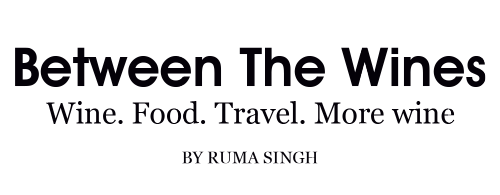

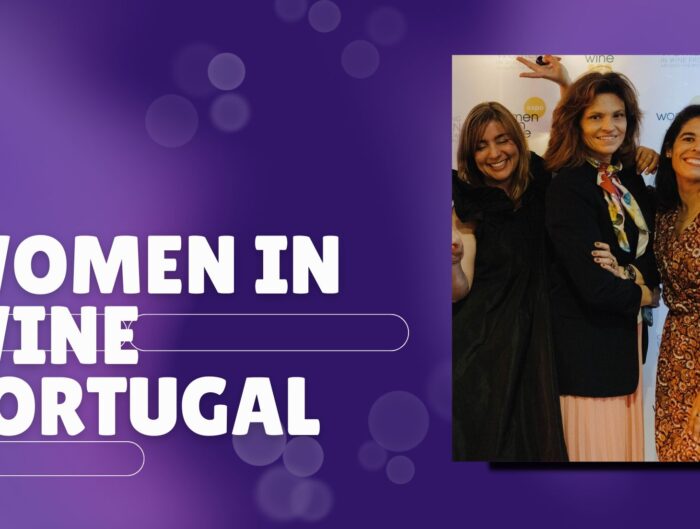
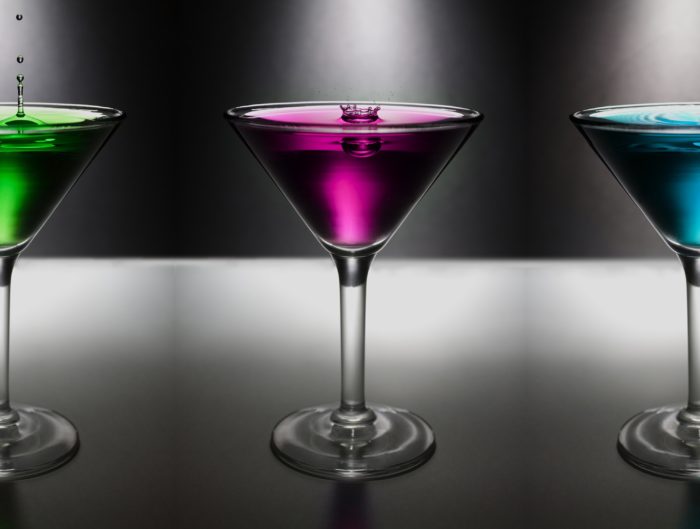
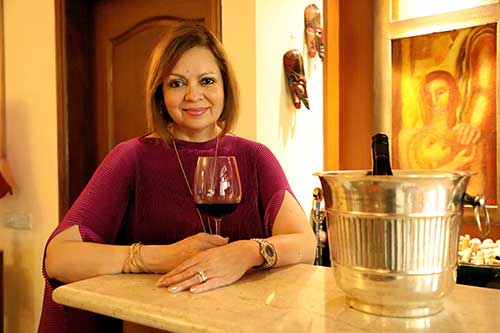



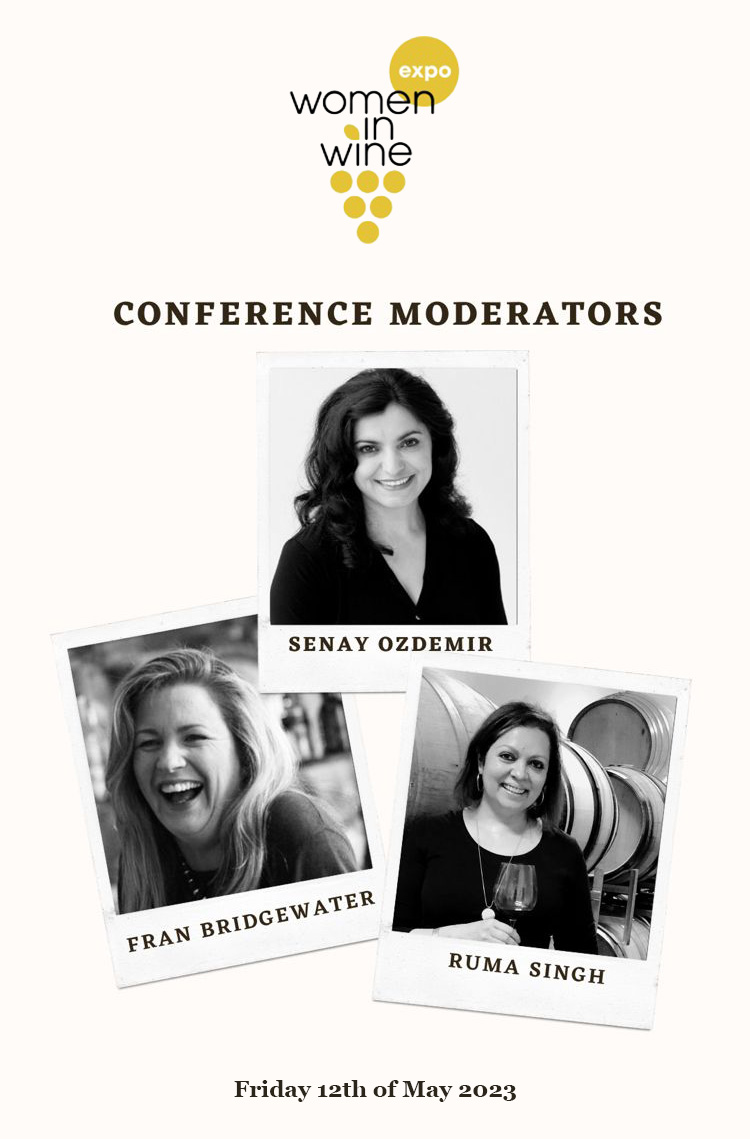
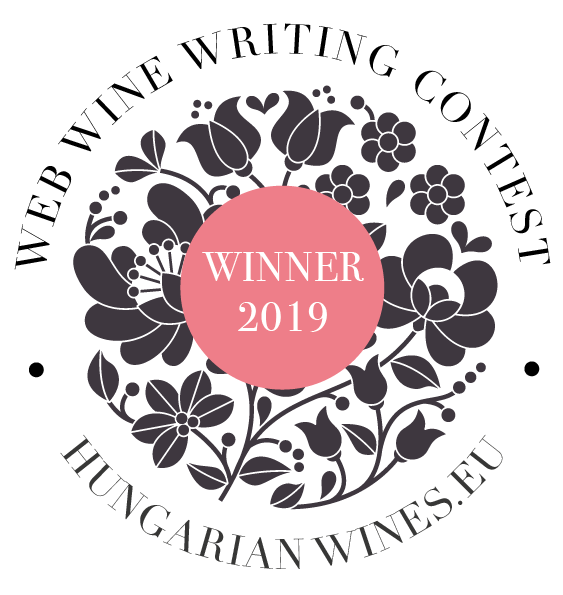


Leave A Reply